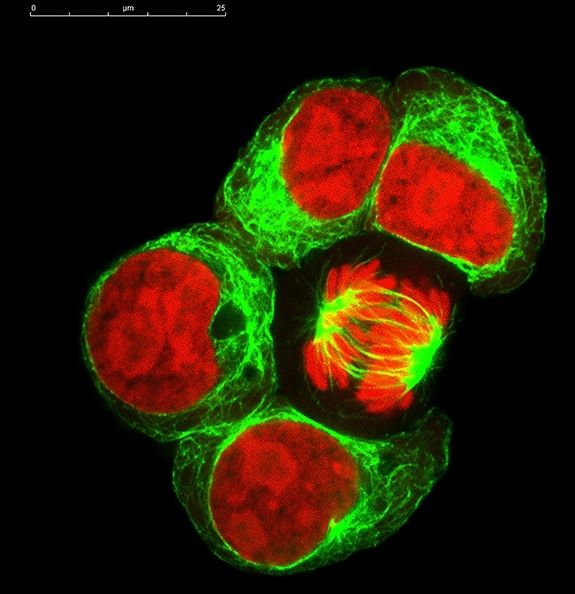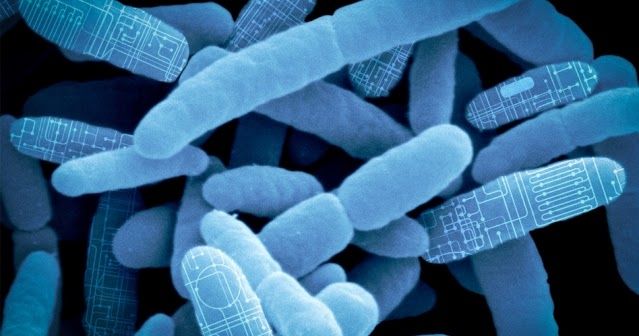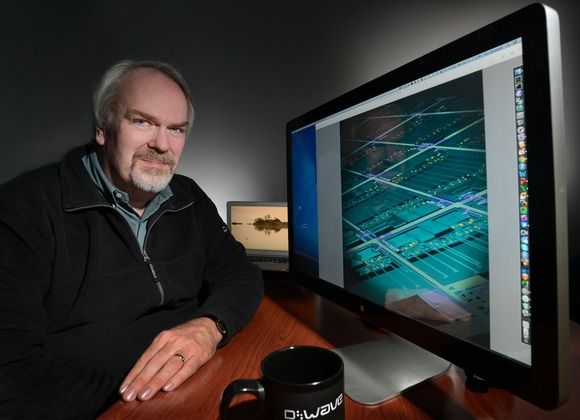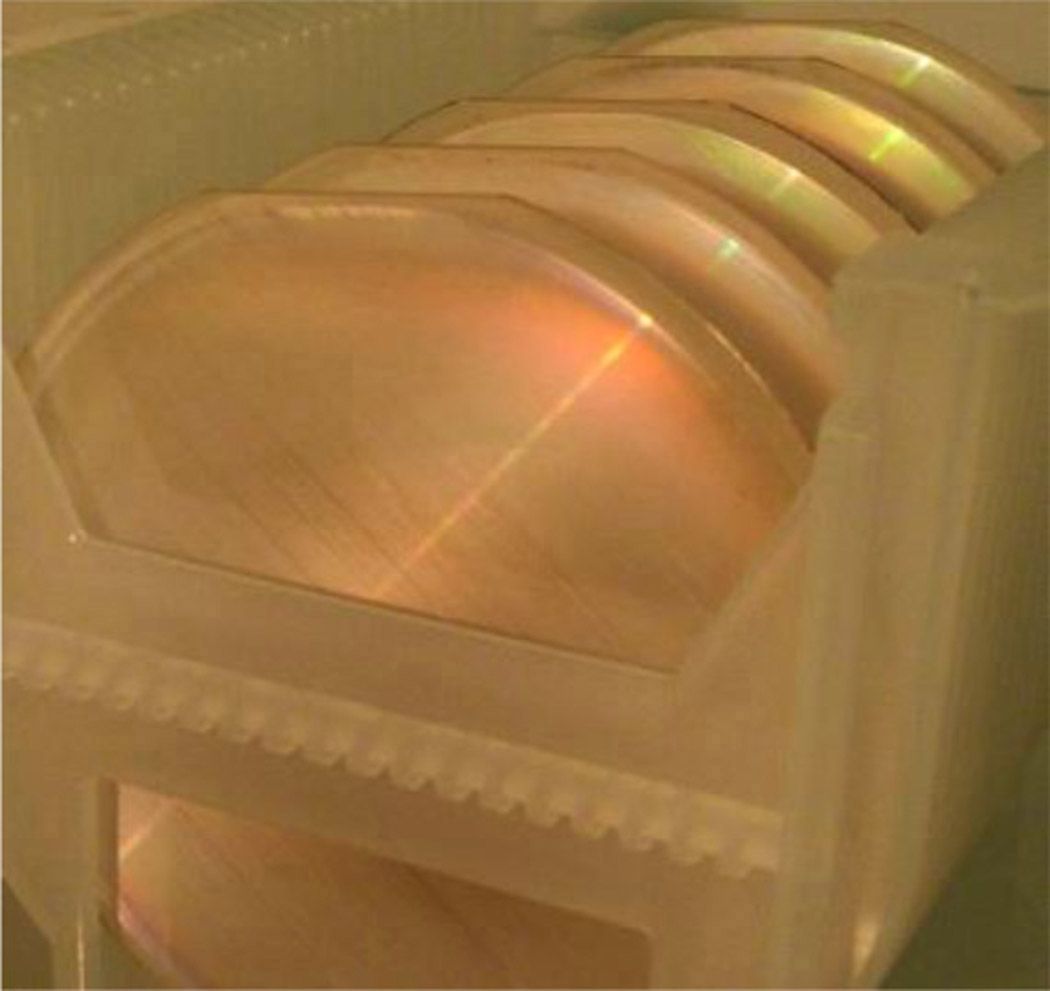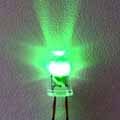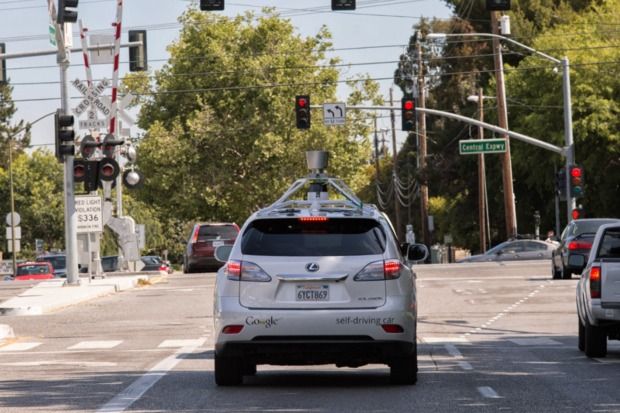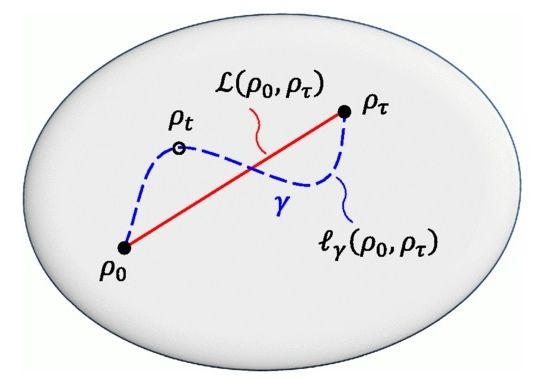
(Phys.org)—In order to determine how fast quantum technologies can ultimately operate, physicists have established the concept of “quantum speed limits.” Quantum speed limits impose limitations on how fast a quantum system can transition from one state to another, so that such a transition requires a minimum amount of time (typically on the order of nanoseconds). This means, for example, that a future quantum computer will not be able to perform computations faster than a certain time determined by these limits.
Although physicists have been investigating different quantum speed limits for different types of quantum systems, it has not been clear what the best way to do this is, or how many different quantum speed limits there are.
Now in a new paper published in Physical Review X, Diego Paiva Pires et al., from the UK and Brazil, have used techniques from information geometry to show that there are an infinite number of quantum speed limits. They also develop a way to determine which of these speed limits are the strictest, or in other words, which speed limits offer the tightest lower bounds. As the researchers explain, the search for the ultimate quantum speed limits is closely related to the very nature of time itself.
Read more
